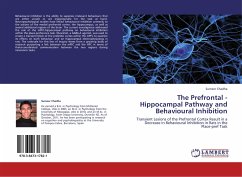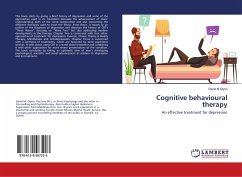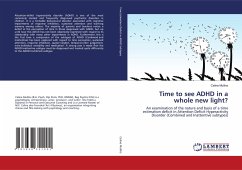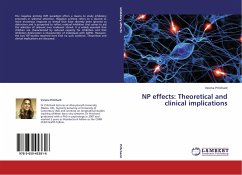Behavioural inhibition is the ability to suppress irrelevant behaviours that are either unsafe or are inappropriate for the task at hand. Neuropsychological studies have linked behavioural inhibition primarily to the actions of the medial prefrontal cortex, the hippocampus, as well as several additional regions of the brain. The current investigation addressed the role of the mPFC-hippocampal pathway on behavioural inhibition within the place-preference task. Muscimol, a GABA-A agonist, was used to create a transient block of the prelimbic cortex within the mPFC to examine its effects on both behaviour and on hippocampal electrophysiology in rats. The rationale for this line of inquiry stems from a growing body of research purporting a link between the mPFC and the HPC in terms of theta-coordinated communication between the two regions during mnemonic tasks.
Bitte wählen Sie Ihr Anliegen aus.
Rechnungen
Retourenschein anfordern
Bestellstatus
Storno








